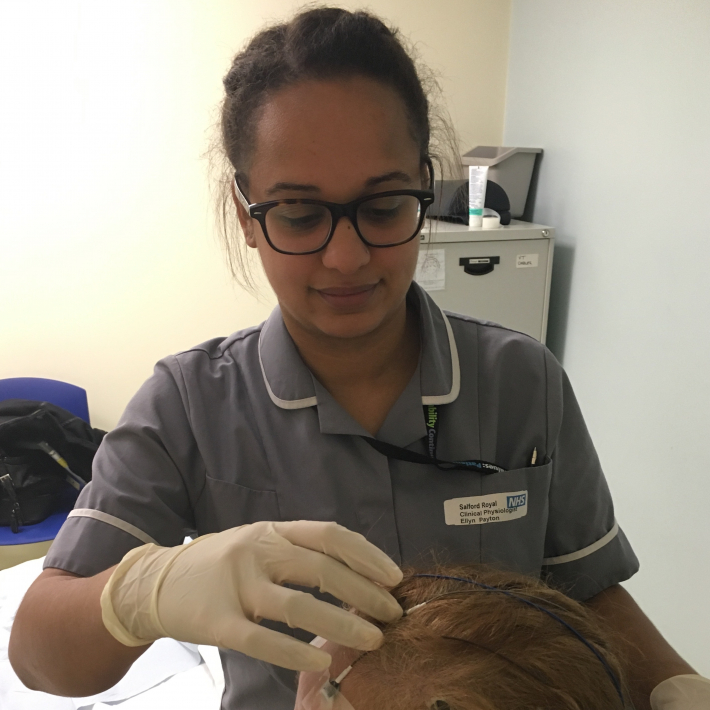"I liked the idea that I could help people and make a difference without being as hands on as a nurse."


This form is for you to tell us about something that could be improved about the website or if there's anything wrong, incorrect or inaccurate with what you see.
If you have a query about a career in the NHS, please visit our contact us page and call or email us.